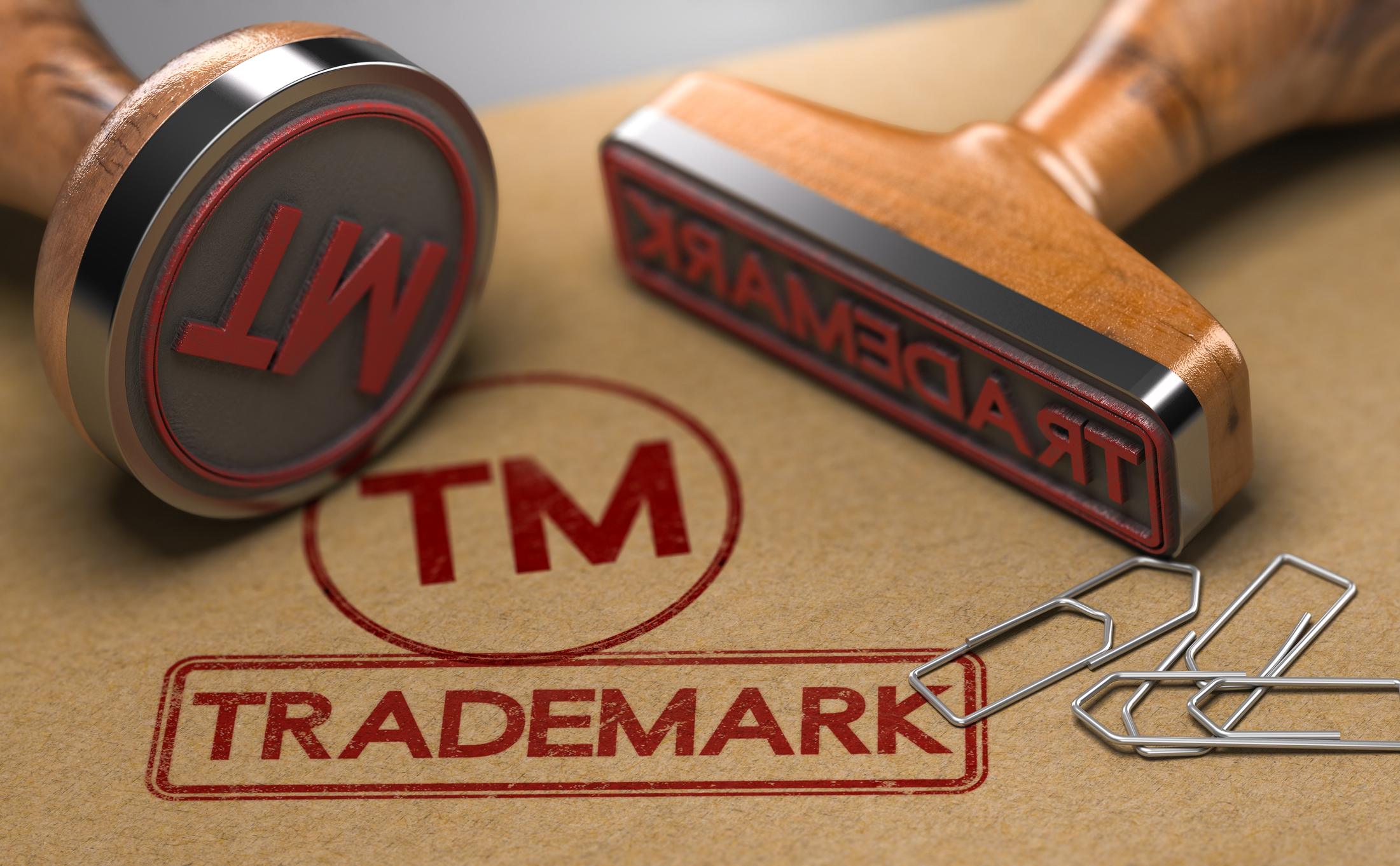
To Register or Not to Register: The Benefits and Limitations of a Trademark Registration
The moment you begin using your trademark in U.S. commerce (for example, with the sale or exchange of your goods and/or services), you establish what is called “common law” trademark protection. While you have certain rights in your trademark upon use, there are various limitations to common law rights and we almost always recommend seeking registration of your trademark. Trademark registration affords you with greater rights not available under common law, though there are certain limitations on those rights, as discussed below.


